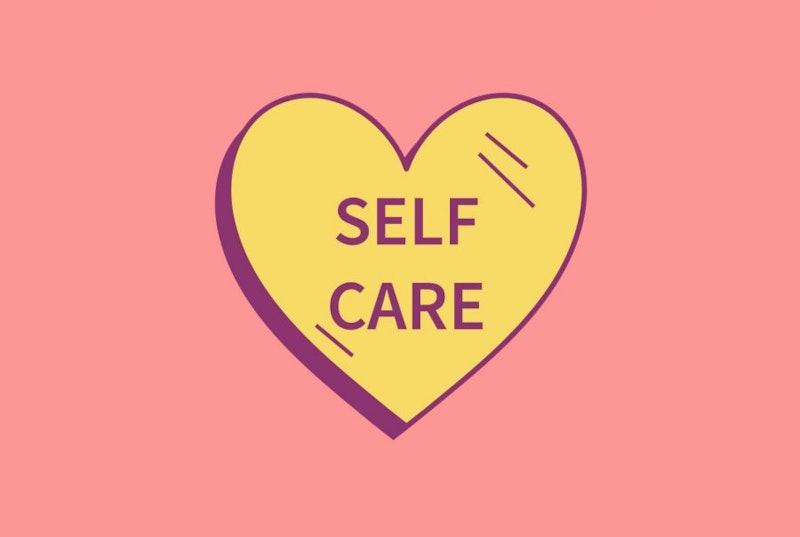"As I continue to live my best life..." This is a phrase that symbolizes a modern American view that makes me want to vomit. I've seen variations of this on social media. Apparently living one's "best life" involves worship of the self and a complete absence of humility. It pretends to look down on one's life from above. An omniscient self peering down at the little ants below, and noticing one of the ants is the current self, while other metaphorical ants are the self living a worse version of your life.
Another aspect of the self-centered American capitalist without a soul is the emphasis on "best." Money and commercialism combine to point wayward sheep toward the goal of getting the "best" of everything in order to fill the hole within the self. This unending quest to do things like "Find Your Beach" and "Have It Your Way" and "Make a Bucket List," are all versions of locating and striving for single-mindedness and crossing things off one's checklist. As if life is something to be rationally deconstructed and contained. Desire. Tackle it. Fulfill it. Move on to the next thing before you realize you're still empty.
This way of living leads toward hedonism and nihilism, but the self-driven, self-help industry tempts the least stable and least aware among us. We see it among the Baby Boomers, who don't know how to retire without crossing more off their lists. We see it among the newly-wealthy technocrats, who travel to the edges of the world to "find themselves," aiming to cash out and retire early, denying all responsibility for the Pandora’s box that is social media’s influence on our society. We see it in our worst politicians, who work for their donors and reelection rather than the people they claim to represent. We see it in the claims of “socialism” toward any progressive policy. We see it in the extravagance of social media narcissism. Those that are working toward helping humanity are usually struggling to pay rent.
The idea that we choose the direction for our lives is a positive and necessary one. Instead of life devouring us due to the randomness of birth, family, place and time, those who are economically fortunate in the western world (and increasingly in China and India) are taught see the "self" as a collection of choices a person makes, with emphasis on personal responsibility and a naive understanding of socioeconomic structures. We’re taught to blame the victim for their circumstances, and we’re taught not to trust. Paradoxically, the only way we’ll survive for another 100 years is by trusting each other broadly, and blaming the systems and corrupt leaders who’ve led us down this uneven path toward climate destruction, economic inequality, and hatred of the other.
Getting out from under this collective avalanche may not be possible. If it is, it’ll take a broad shift away from narcissism and "best life" thinking and a shift toward imagining a better life for all.

